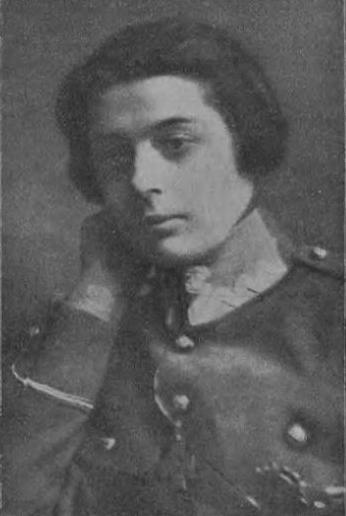In the interwar period, many ladies carried out extensive work to fight for women’s rights. Although emancipation, women’s and feminist movements flourished, Polish women put the independence of their country first. Some of them made a stellar career in the free State (1918-39) and boasted of great achievements. One of them was Stanisława Paleolog, who proved every day that women’s self-organisation brought many benefits to the Second Polish Republic. This outstanding figure is experiencing a renaissance today, appealing to the younger generation with her attitude.
Stanisława was born in 1892 in Rumno – now a village in Ukraine, located in the Lwów region. She spent her youth in Lwów (today’s Lviv), studying at the local girls’ boarding school run by the Nuns of the Holy Sacrament. She then studied at the Lwów Academy of Economics. Her education was interrupted by the First World War, during which she joined the Polish Military Organisation.
From 1918, when Poland regained sovereignty, her life was linked to formations guarding order and fighting the Bolsheviks. As a nurse and then a courier, she served in the Civic Guard, then in the Civic Militia and the Women’s Voluntary Legion (OLK). Her diligence was rewarded by her superiors – Stanisława became the aide-de-camp of Aleksandra Zagórska, commander of the OLK, which was later transformed into the Women’s Voluntary Legion at the Mobilisation Section of the 1st Division of the Staff of the Ministry of Military Affairs in Warsaw.
The turning point for Paleolog was her decision to join the National Police in 1925. From that year she was in charge of the Women’s Police. In 1939 she was promoted to the rank of commissioner. In the police service, she achieved considerable success in the fight against prostitution and vagrancy among children and minors. She was recognised internationally when she managed to catch the leaders of a European sex trafficking network.
After the outbreak of the Second World War, Paleolog served in the Polnische Polizei, while also being a soldier in the ZWZ-AK. In 1944, she took part in the Warsaw Uprising.
After the war, she left for England, where she became a minister in the first government in exile of Antoni Pajak. In 1957, her book, never translated into Polish “The Woman Police in Poland 1925-1939” was published.
She never returned to Poland and died in England in 1968.





